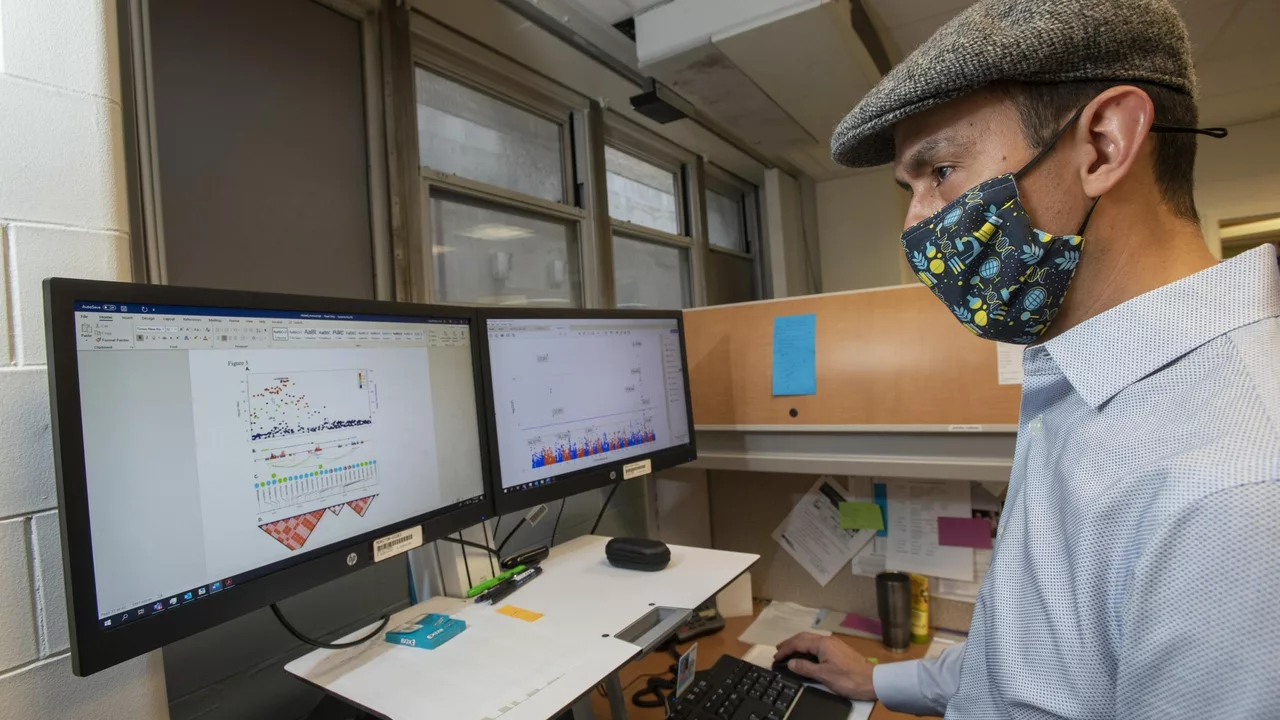Understanding Ibrutinib
Before we dive into the potential of Ibrutinib for treating COVID-19, it's essential to understand what Ibrutinib is. Ibrutinib, sold under the brand name Imbruvica, is a medication primarily used to treat certain types of cancer, such as mantle cell lymphoma, chronic lymphocytic leukemia, and Waldenström's macroglobulinemia. It works by permanently binding to a protein in the B cells called Bruton's tyrosine kinase (BTK). This action helps to kill and reduce the number of cancer cells, and it also slows down the worsening of the disease.
COVID-19 and the Immune Response
COVID-19, the disease caused by the SARS-CoV-2 virus, has wreaked havoc worldwide. Our body's immune system plays a crucial role in battling this virus. However, in some cases, the immune response can go into overdrive, causing more harm than good. This phenomenon, known as a cytokine storm, can lead to severe complications such as acute respiratory distress syndrome (ARDS) and multi-organ failure. The key to managing severe COVID-19 cases could lie in controlling this hyperactive immune response.
Ibrutinib and the Immune System
So, where does Ibrutinib come into the picture? Ibrutinib, by inhibiting BTK, can modulate the immune system. BTK is involved in the signaling pathway for the activation of a type of white blood cell called a macrophage. The overactivation of macrophages is one of the triggers for the cytokine storm we mentioned earlier. By inhibiting BTK, Ibrutinib could potentially control this overactive immune response.
Early Observations and Studies
Interest in Ibrutinib as a potential treatment for COVID-19 arose from observations in cancer patients who contracted the disease. These patients seemed to have a milder disease course, sparking interest in the role Ibrutinib might play. Several studies have since been launched to investigate this further. Initial results appear promising, but more extensive research is needed.
Current Clinical Trials
Multiple clinical trials are currently underway to study the effect of Ibrutinib on COVID-19 patients. These trials aim to understand whether the drug can reduce the severity of the disease, improve survival rates, and shorten hospital stays for patients. The results of these trials will provide more concrete evidence of Ibrutinib's potential in treating COVID-19.
Potential Challenges and Concerns
While the potential of Ibrutinib in treating COVID-19 is exciting, there are also challenges and concerns. As with any medication, there are potential side effects to consider. Furthermore, Ibrutinib is an expensive drug, which could limit its availability and accessibility, especially in low-income countries. Also, as Ibrutinib is currently approved for certain types of cancer, using it for COVID-19 would be considered an off-label use, which may present regulatory challenges.
Implications for Future Treatment Approaches
If Ibrutinib proves to be effective in treating COVID-19, it could have significant implications for future treatment approaches. It could pave the way for the use of other similar drugs (BTK inhibitors) in the treatment of COVID-19. It also highlights the importance of considering existing medications for new uses, a strategy known as drug repurposing, which could be vital in the ongoing fight against COVID-19.
Concluding Thoughts
In conclusion, while we wait for the results of ongoing clinical trials, the potential of Ibrutinib for treating COVID-19 offers a glimmer of hope. If effective, it could add a crucial tool in our arsenal against this global pandemic. However, it's important to remember that drug development is a complex process, and we must rely on robust scientific evidence before incorporating any new treatment into practice.


Abby Richards
Ibrutinib's role in modulating BTK is fascinating, and the data so far look promising 😊. Let’s keep an eye on the upcoming trial results!